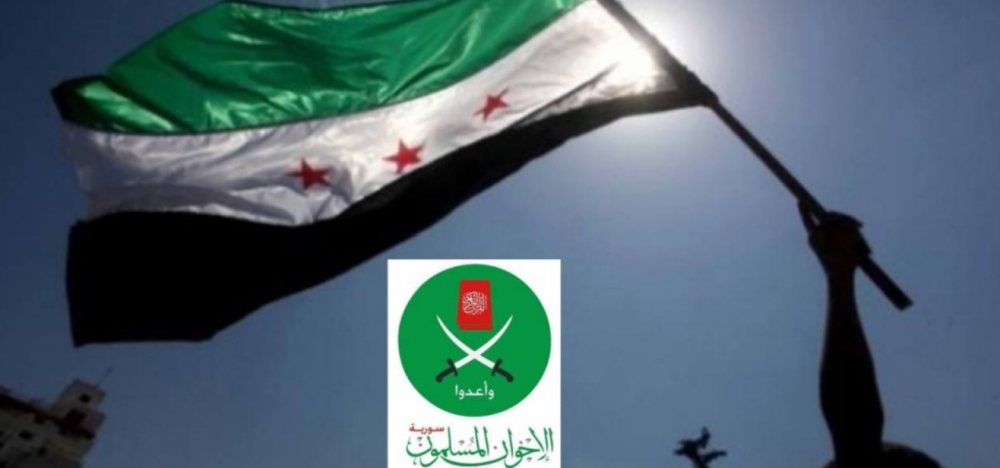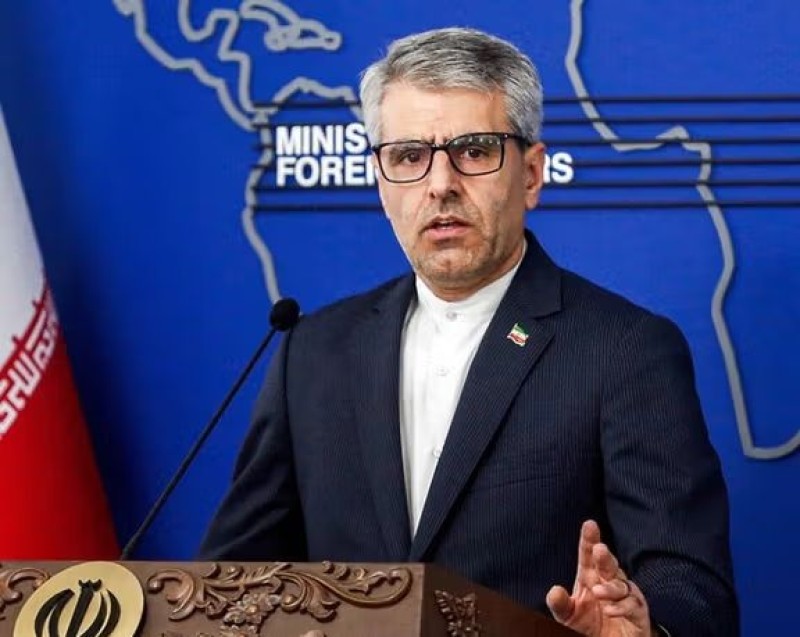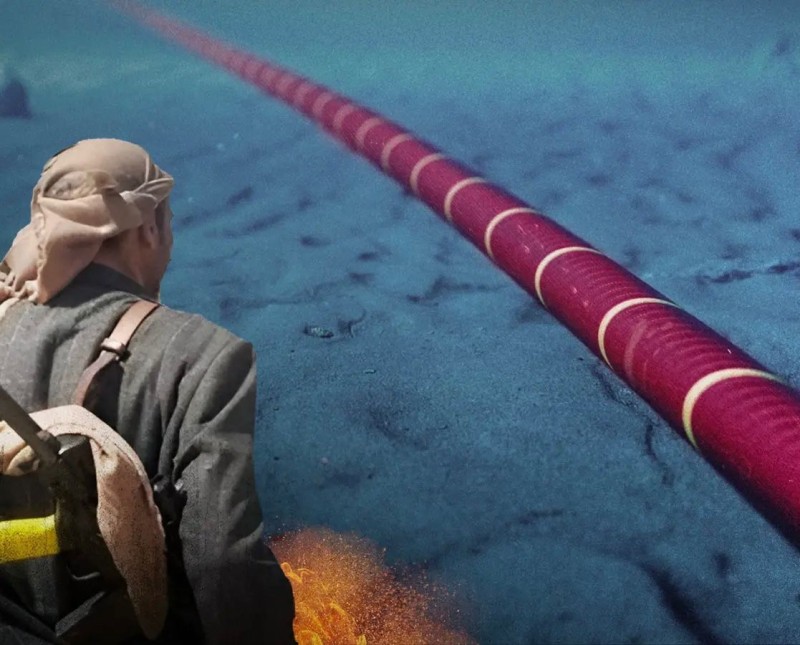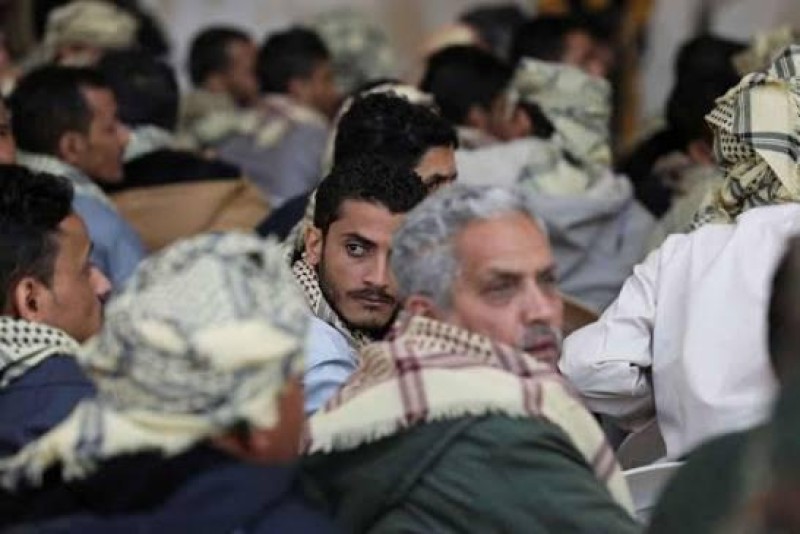Will Syria become the stronghold of the Muslim Brotherhood state?


Paris- By Jamal Alawadhi
The Islamist control over Syria is not merely an internal challenge but an issue with regional and international dimensions, requiring a comprehensive vision to address the phenomenon. This vision should focus on rebuilding the Syrian state, promoting moderate discourse, drying up the sources of extremism, and launching genuine developmental projects that meet the aspirations of the Syrian people. Stability cannot be achieved without working toward a comprehensive political solution that preserves the unity of the country and guarantees the rights of all its citizens.
Some argue that the statements by the leader of Hay’at Tahrir al-Sham (formerly al-Nusra Front), Ahmad al-Shara, aim to reassure the international community that Islamist control in Syria, doesn’t mean any threat to regional stability. Such concerns include the exportation of extremist ideologies to neighboring countries like Iraq and Lebanon, particularly given that Hay’at Tahrir al-Sham is essentially the same al-Nusra Front that many countries, including the United States, had previously listed as a terrorist organization.
The U.S. and European welcome of the new situation in Syria following the fall of Assad’s regime sharply indicates that pre-coordinated efforts—by Turkey along with U.S.-Russian-Israeli deals—contributed to the rapid advancement of Islamist forces toward Damascus, eventually granting them full political and military control. This notion was also echoed in statements by Iran’s Supreme Leader Khamenei, who referred to an American-Israeli conspiracy in Syria.
There also appears to be an emerging U.S. intention to remove Hay’at Tahrir al-Sham from the list of terrorist organizations, paving the way to legitimize the group’s rule over Syria. Sources in Istanbul suggest that the Muslim Brotherhood, allies of the current Turkish leadership, along with affiliated organizations in Turkey, are preparing to move toward the Syrian capital, Damascus, and begin operations from within Syria, leveraging the current supportive environment.
Throughout its long history, the Muslim Brotherhood has relied on charitable and humanitarian work as one of its main strategies to strengthen its presence within the societies . This approach has been seen in countries like Egypt, Yemen, Jordan, Kuwait, as well as across most European Union states, UK, and even the United States, where they maintain one of their largest organizations, the Council on American-Islamic Relations (CAIR), that focused on relief and humanitarian work.
On the other hand, some American Democrats, along with a segment of Republicans, believe that if the Muslim Brotherhood chooses to participate constructively in any Syrian national dialogue, it could play a positive role in building a democratic state. This perspective mirrors the belief that prevailed during the Arab Spring of 2011, which led to a large U.S. and European support for the uprisings. The Brotherhood capitalized on this support to position itself at the forefront of power, as seen in Egypt, Tunisia, Libya, and Yemen.
The statements of Muslim Brotherhood activists and media figures from Turkey and various global capitals regarding the fall of Assad’s regime in Syria suggest it is perceived as a Brotherhood achievement. This, in turn, bolsters their claim for a legitimate presence in any future political formation in Syria.
The pressing question under the current circumstances is: will Syria become a broad base for this group and its activists, serving as a hub and platform for their operations, particularly with the backing and support of the current Turkish administration—similar to the case of Hay’at Tahrir al-Sham?
If the situation develops in this direction, the impact will not be limited to the Middle East region only, but it could contribute to the expansion of political Islam movements at the regional and global levels.

Tehran — Iranian Foreign Ministry spokesman Ismail Baghaei has voiced concern over the latest developments unfolding in Yemen, particularly i…

A new media report has revealed that Google is embarking on a major subsea cable initiative, dubbed Blue Raman, in a strategic move to establish a…

Muscat – Thousands of Yemeni families are anxiously watching the ongoing prisoner exchange talks in Muscat, Oman, hoping for a breakthrough t…